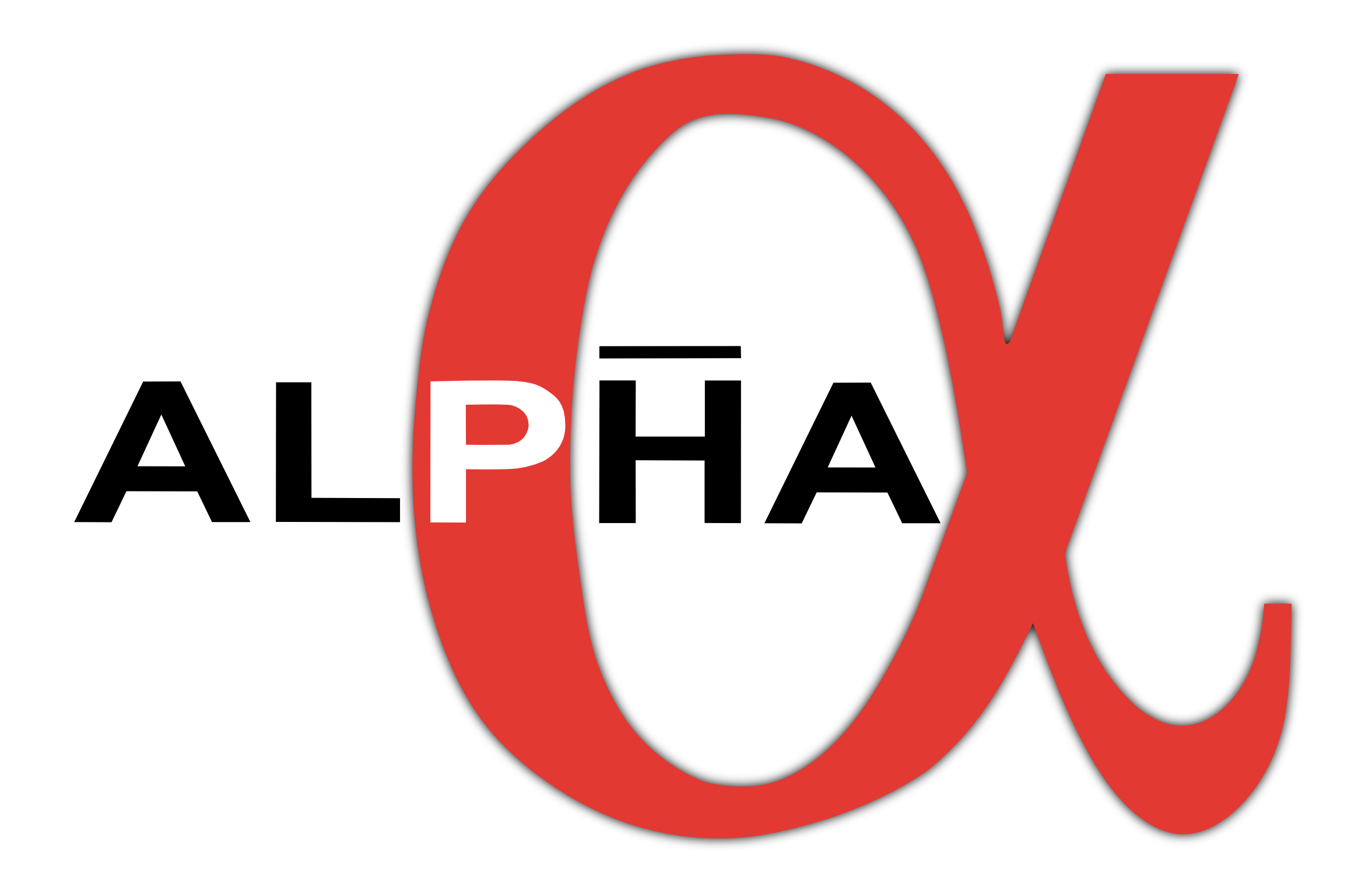The ALPHA experiment at CERN is designed to produce and trap antihydrogen to the purpose of making a precise comparison with hydrogen. The basic technique consists of driving an antihydrogen resonance which will cause the antiatom to leave the trap and annihilate. The main background to antihydrogen detection is due to cosmic rays. When an experimental cycle extends for several minutes, while the number of trapped antihydrogen remains fixed, background rejection can become challenging. Machine learning methods have been employed in ALPHA for several years, leading to a dramatic reduction of the background contamination. This allowed ALPHA to perform the first laser spectroscopy experiment on antihydrogen.
Andrea Capra for the ALPHA Collaboration
